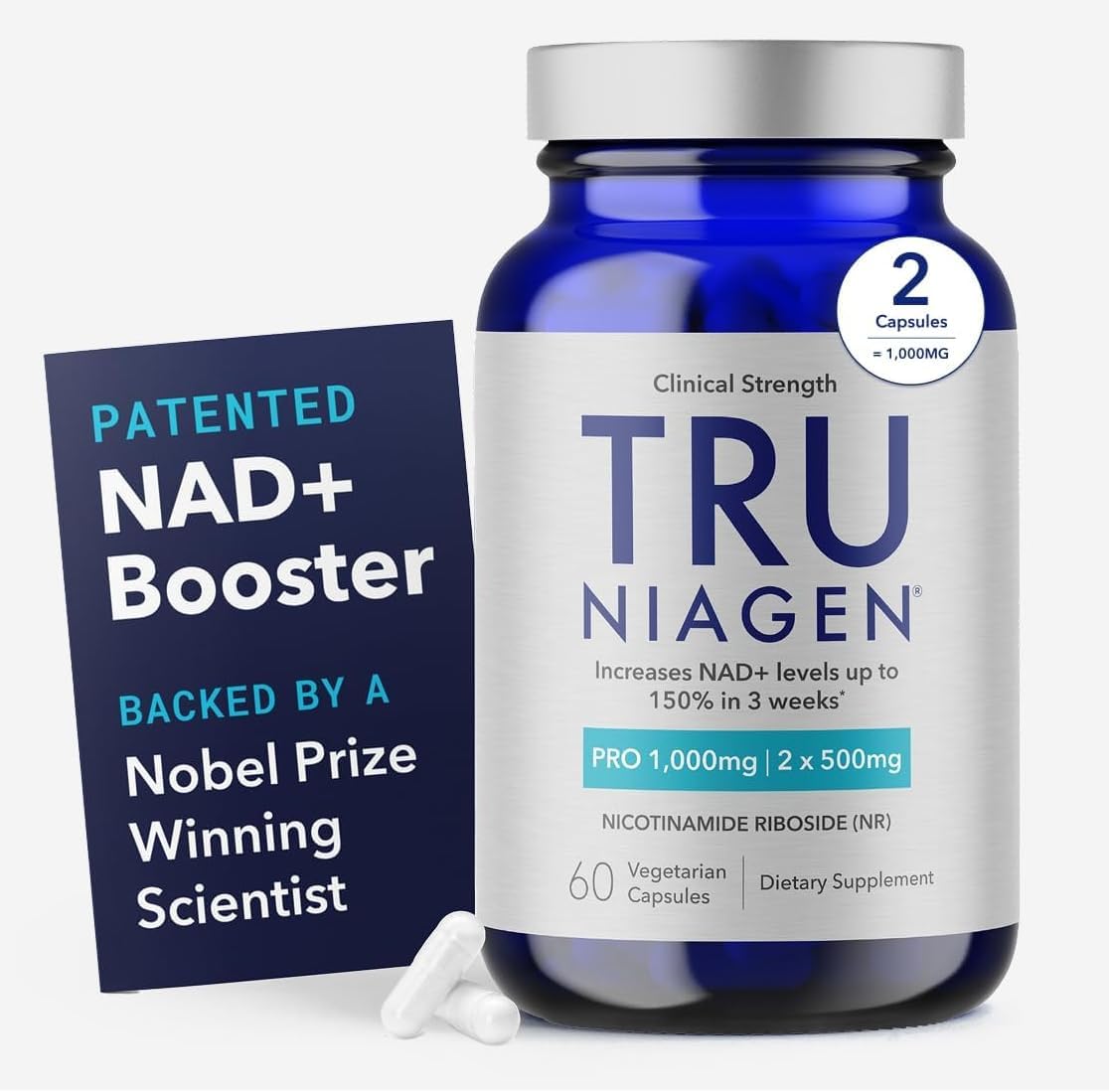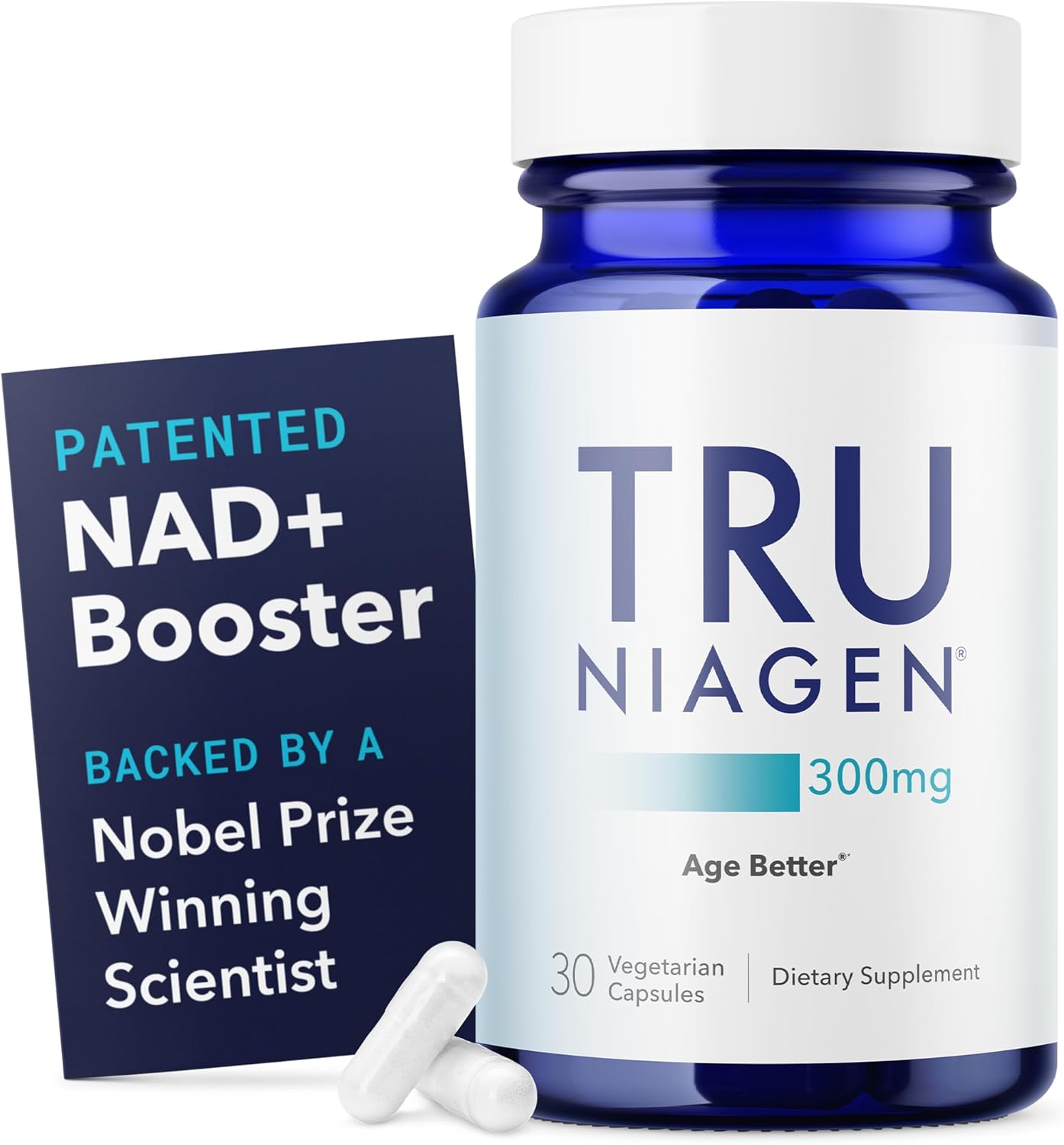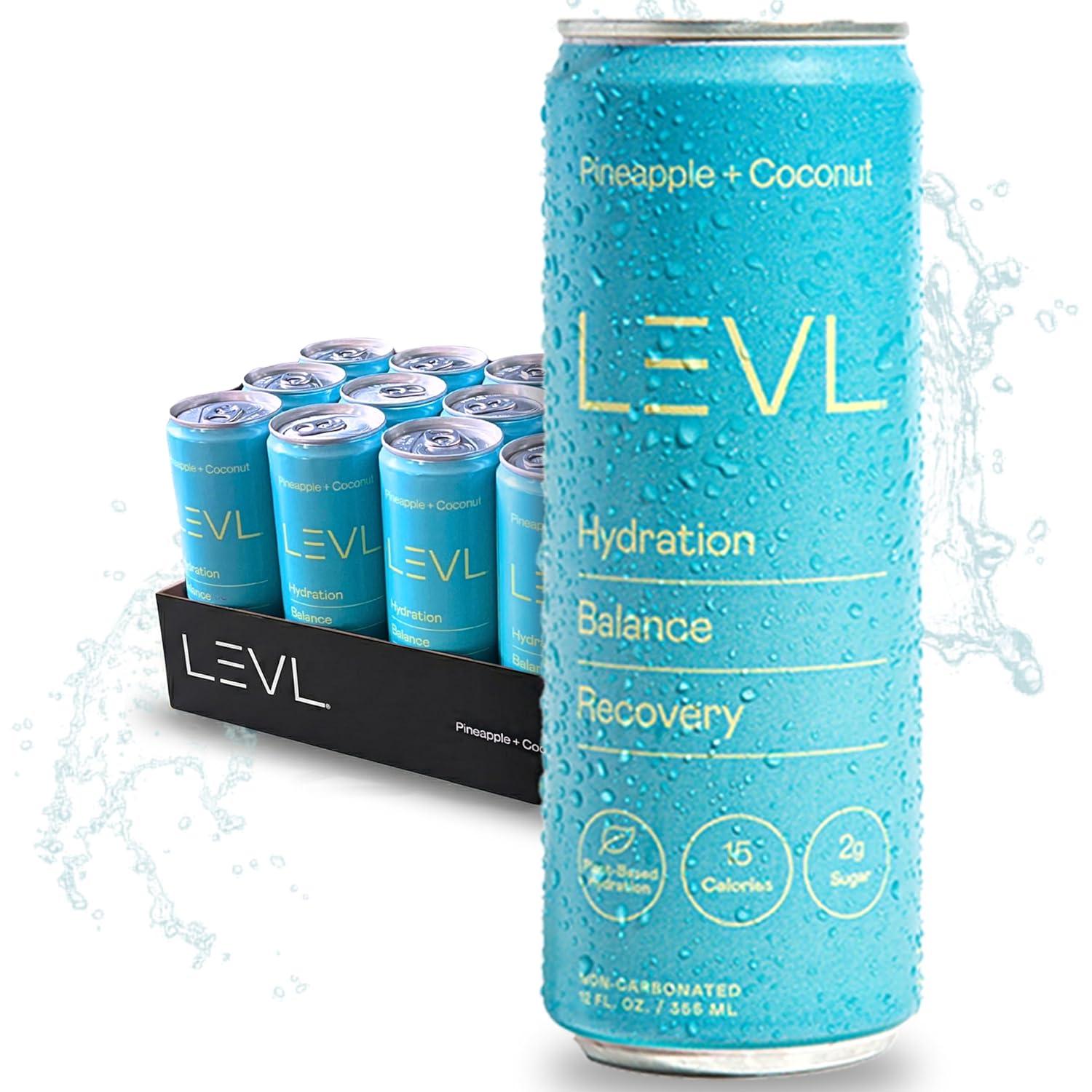In our fast-paced world, the ability to think clearly, learn efficiently, and tackle challenges is more crucial than ever. Cognitive performance isn’t just for students; it’s a lifelong journey affected by various factors including age, lifestyle, and mental health. This article explores effective strategies to enhance cognitive performance across all ages, ensuring that everyone can unlock their potential.
The Importance of Cognitive Performance
Cognitive performance refers to the mental processes involved in acquiring knowledge and understanding through thought, experience, and the senses. It enables individuals to:
- Process information quickly and accurately.
- Resolve problems and think critically.
- Communicate effectively and build relationships.
- Adapt to new environments and challenges.
Enhancing cognitive performance can lead to better academic outcomes, more productive work environments, and improved quality of life.
Strategies for Enhancing Cognitive Performance
1. Physical Exercise
Regular physical activity is vital for brain health at all stages of life. Exercise promotes blood flow to the brain, enhances mood, and supports the growth of new neurons. Aim for at least 150 minutes of moderate-intensity aerobic exercise each week, such as walking, cycling, or swimming.
2. Healthy Diet
What we eat has a profound impact on our brain function. A balanced diet rich in omega-3 fatty acids, antioxidants, vitamins, and minerals can boost cognitive performance. Consider adding the following to your plate:
- Fatty fish: Salmon and trout are great sources of omega-3s.
- Fruits and vegetables: Berries and leafy greens are high in antioxidants.
- Nuts and seeds: Great for healthy fats and protein.
- Whole grains: Oats and quinoa provide essential nutrients for energy.
3. Mental Exercises
Keeping your mind active is crucial for cognitive enhancement. Engage in activities that challenge your brain, such as:
- Puzzles and brain teasers
- Learning a new language or instrument
- Reading books or engaging in discussions
These activities stimulate neural pathways and improve cognitive flexibility.
4. Quality Sleep
Never underestimate the power of a good night’s sleep. Sleep is essential for memory consolidation and overall cognitive function. Aim for 7-9 hours of quality sleep each night by maintaining a consistent sleep schedule and creating a conducive sleep environment.
5. Social Interaction
Building and maintaining social relationships can significantly boost cognitive performance. Engaging in meaningful conversations and participating in group activities can improve mental functions and overall well-being. Join clubs, volunteer, or connect with friends and family regularly.
6. Mindfulness and Meditation
Meditation and mindfulness practices can enhance focus and emotional regulation. Even just a few minutes of mindfulness each day can reduce stress and improve cognitive clarity. Techniques to try include:
- Guided meditation
- Deep breathing exercises
- Yoga and Tai Chi
7. Continuous Learning
Learning shouldn’t stop after formal education. Engaging in lifelong learning keeps the brain engaged and adaptive. Consider taking courses, attending workshops, or simply exploring new hobbies to stimulate cognitive development.
Strategies for Different Age Groups
While the strategies mentioned above are beneficial for everyone, certain approaches may resonate more with specific age groups.
Children and Adolescents
For youngsters, a blend of physical activity, a healthy diet, and mental challenges is crucial. Encourage habits like:
- Participating in sports and physical education.
- Involvement in creative arts and critical thinking exercises.
- Establishing a balanced routine that incorporates study, play, and rest.
Adults
Working adults often face stressors that can hinder cognitive performance. Focus on:
- Incorporating mindfulness and stress-relief techniques.
- Prioritizing work-life balance for better mental health.
- Engaging in professional development and networking opportunities.
Older Adults
For older adults, maintaining social ties and engaging in regular physical activity becomes vital. Key strategies include:
- Participating in community classes or groups.
- Using memory aids and keeping engaged with technology.
- Regular health check-ups to manage any underlying conditions that may affect cognition.
Conclusion
Enhancing cognitive performance is a multifaceted journey that requires commitment and a proactive stance at any age. By implementing these strategies—physical exercise, a balanced diet, mental stimulation, quality sleep, social interaction, mindfulness, and continuous learning—you can unlock your cognitive potential and lead a more fulfilling life. Remember, it’s never too late to enhance your brain power and enjoy the benefits that come with it!
FAQs
1. What are some quick activities to boost my focus during work?
Take short breaks every hour, practice deep breathing exercises, or change your workspace for a fresh perspective.
2. Can I enhance my cognitive performance with dietary supplements?
Consult with a healthcare professional before taking supplements. A well-balanced diet is generally more effective for cognitive health.
3. How much exercise is necessary for cognitive enhancement?
Aim for at least 150 minutes of moderate exercise weekly. Incorporating both aerobic and strength-training activities is beneficial.
4. Is it possible to improve cognitive performance as I age?
Absolutely! Engaging in mental challenges, physical activity, and maintaining social connections can enhance cognitive function at any age.





